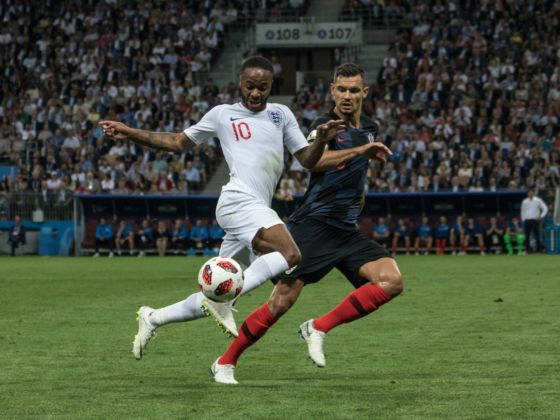BEFORE EUROPEAN SPORTS FANS turn their attention to the Olympics in July, all eyes will be fixed on the 2012 UEFA European Football Championship (more commonly called Euro 2012), which begins in Poland and Ukraine on June 8.
Of the 16 nations who gained entry via the qualifying tournament in 2011, Spain, Germany, and the Netherlands are considered frontrunners, with England, France, and Italy as outside bets. The winner of the tournament, in addition to bragging rights and a big shiny trophy, will gain automatic entry to the FIFA Confederations Cup held in Brazil in 2013.
In no particular order, here are five reasons to follow Euro 2012. Only some of them actually relate to football.
